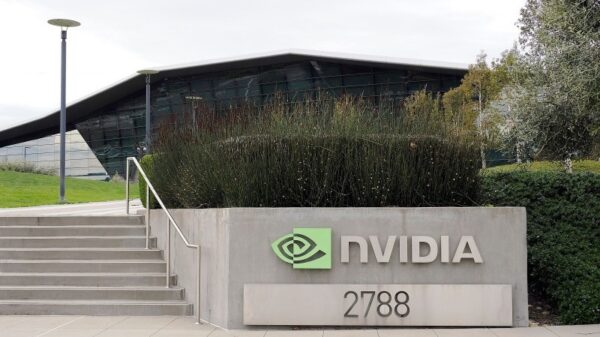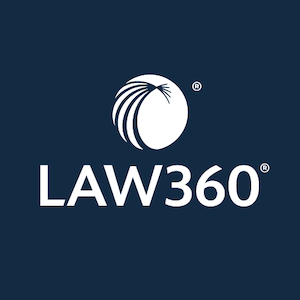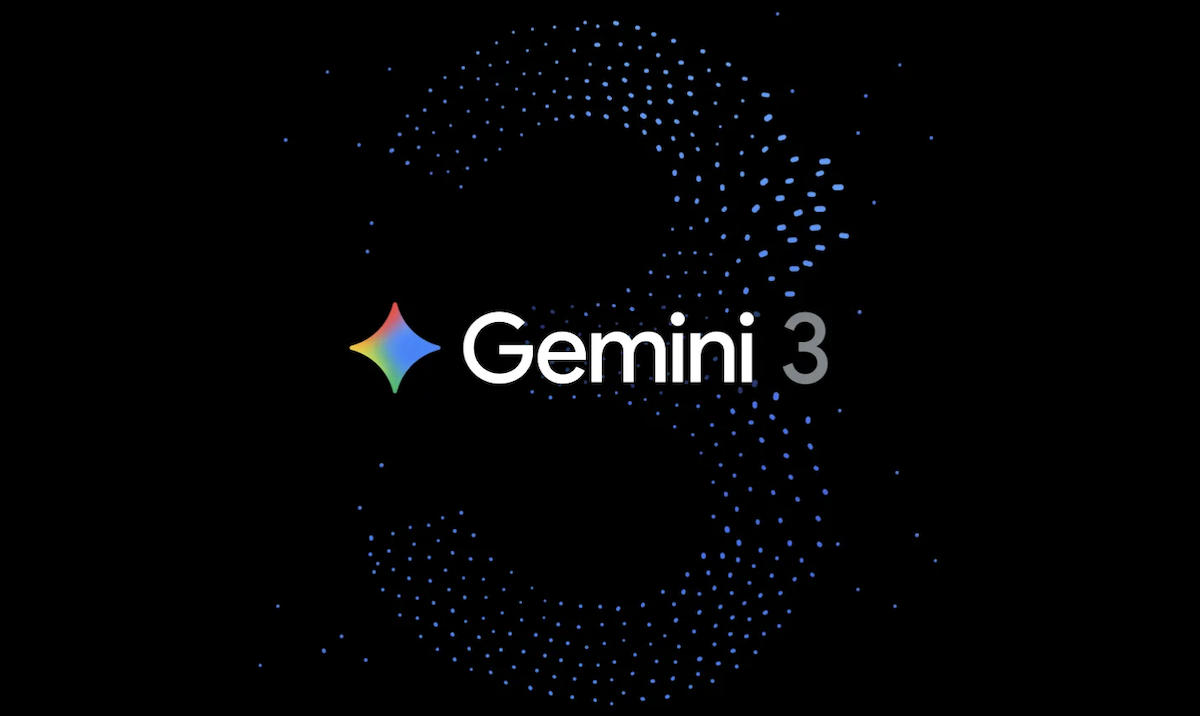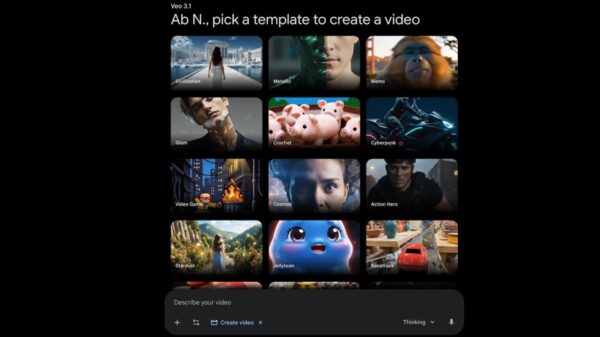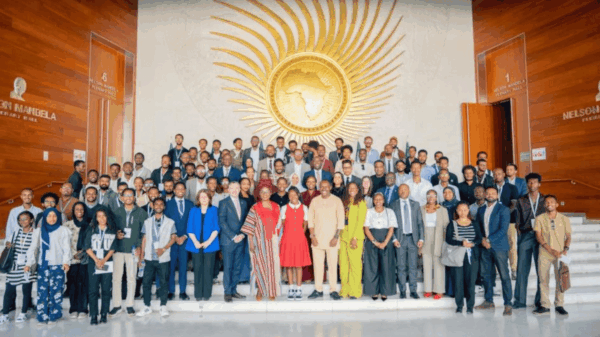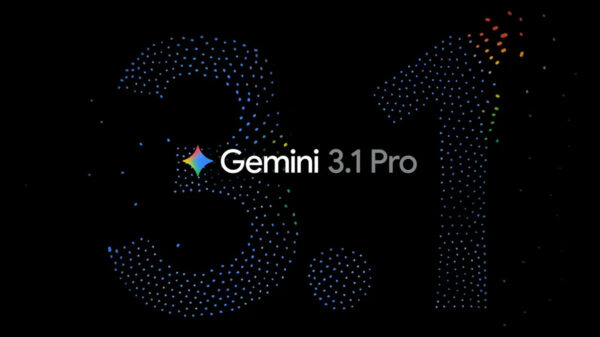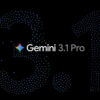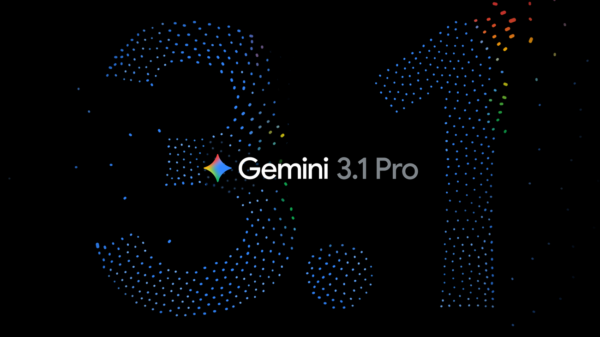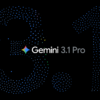On November 18, Google unveiled its latest AI model, Gemini 3, marking a significant step forward in its artificial intelligence endeavors. This model has been integrated directly into several key products, including Google Search, the Gemini app, and its enterprise cloud offering, reinforcing its strategy to maintain a competitive edge in the rapidly evolving AI landscape.
Strategic Integration of Gemini 3
Gemini 3 is touted by Google as its most advanced multimodal model to date, boasting enhanced reasoning capabilities, improved handling of longer contexts, and superior performance across various media types—text, images, audio, and video. The model is now accessible in Search’s AI Mode for premium users, integrated within the Gemini app, and available to developers through AI Studio and Vertex AI. While independent evaluations of Gemini 3 are still scarce, internal assessments reportedly indicate strong results in comprehension and problem-solving tasks.
This immediate deployment aligns with Google’s strategy to counter criticisms regarding its pace in AI development relative to competitors. By embedding Gemini 3 into Search, Google aims to affirm that its flagship product will remain central to its AI strategy, resisting potential displacement by external AI models.
The launch comes on the heels of OpenAI‘s introduction of GPT-5.1, which emphasizes faster reasoning, adaptive problem-solving, and user personalization, particularly for enterprise workflows. Furthermore, Anthropic has updated its offerings with Claude Sonnet 4.5 and introduced the Claude Agent SDK, aimed at enhancing complex enterprise tasks and improving safety controls.
Shifts in the Search Landscape
The introduction of Gemini 3 signifies a crucial pivot in Google’s narrative surrounding its core business model, particularly the role of AI in search. For nearly two years, there has been ongoing debate about whether AI would undermine or replace the traditional search model that generates substantial revenue for the company. By incorporating Gemini 3 directly into search functionalities—covering queries, summaries, and task planning—Google is betting on its own interface as the primary portal for information, shopping, and service interactions.
In addition, Google has rolled out Antigravity, a developer platform that leverages Gemini 3 to create agents capable of task planning, code writing, and tool interaction. The integration of Gemini 3 within Vertex AI also emphasizes heightened governance and privacy controls tailored for enterprise users.
As the competitive landscape continues to shift with OpenAI and Anthropic making notable advancements, Google’s strategic positioning of Gemini 3 around multimodality, agent readiness, and extensive distribution—especially through Search—is a clear indication of its intent to maintain its leadership in AI technology. With ongoing developments in AI capabilities, Google is poised to redefine its approach and reinforce its market presence in the coming years.
See also Google Launches Gemini 3 AI Model, Highlighting Full-Stack Advantage Over OpenAI
Google Launches Gemini 3 AI Model, Highlighting Full-Stack Advantage Over OpenAI Anthropic Announces $30B Azure Deal with Microsoft and NVIDIA for Claude Model Scaleup
Anthropic Announces $30B Azure Deal with Microsoft and NVIDIA for Claude Model Scaleup Hugging Face CEO Warns of Imminent LLM Bubble Burst, Calls for Specialized AI Models
Hugging Face CEO Warns of Imminent LLM Bubble Burst, Calls for Specialized AI Models Lawmakers Introduce AI-WISE Bill to Boost Small Business AI Adoption and Training
Lawmakers Introduce AI-WISE Bill to Boost Small Business AI Adoption and Training Anthropic’s Valuation Hits $350B Amid Nvidia, Microsoft Investment Concerns
Anthropic’s Valuation Hits $350B Amid Nvidia, Microsoft Investment Concerns
